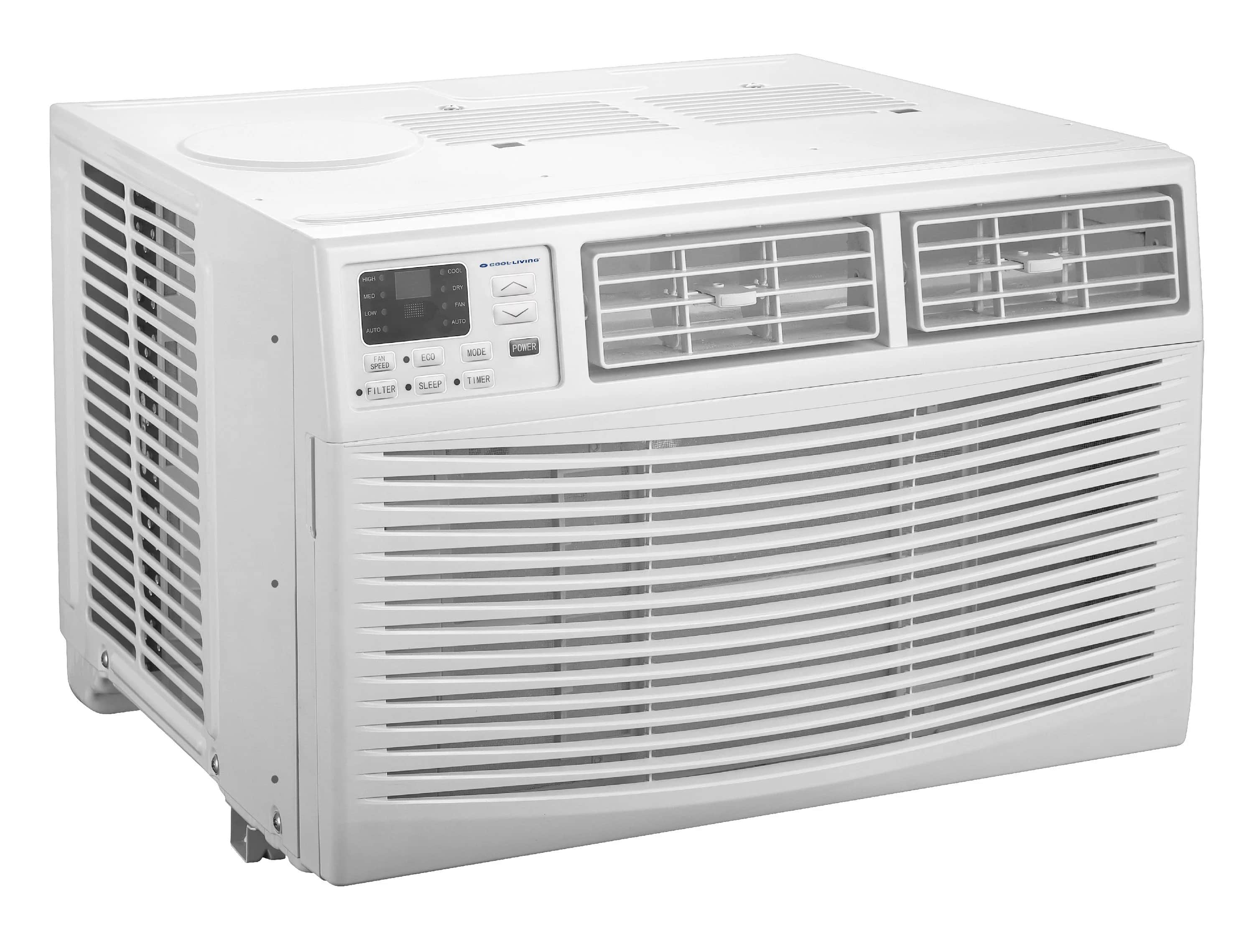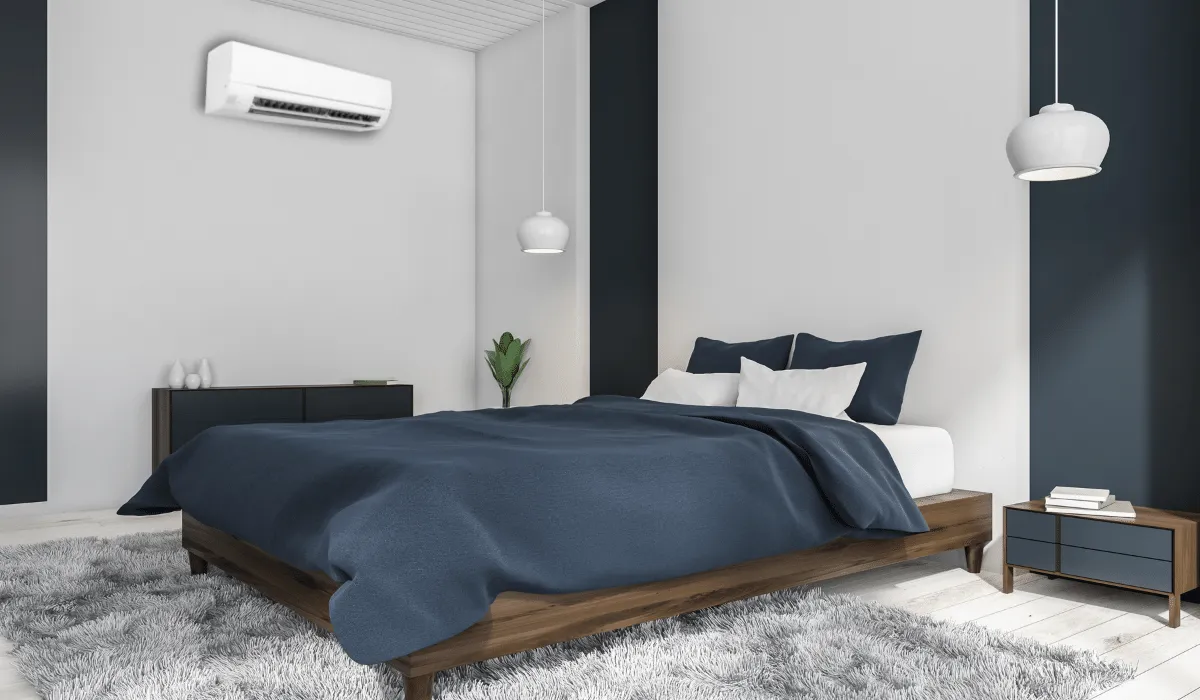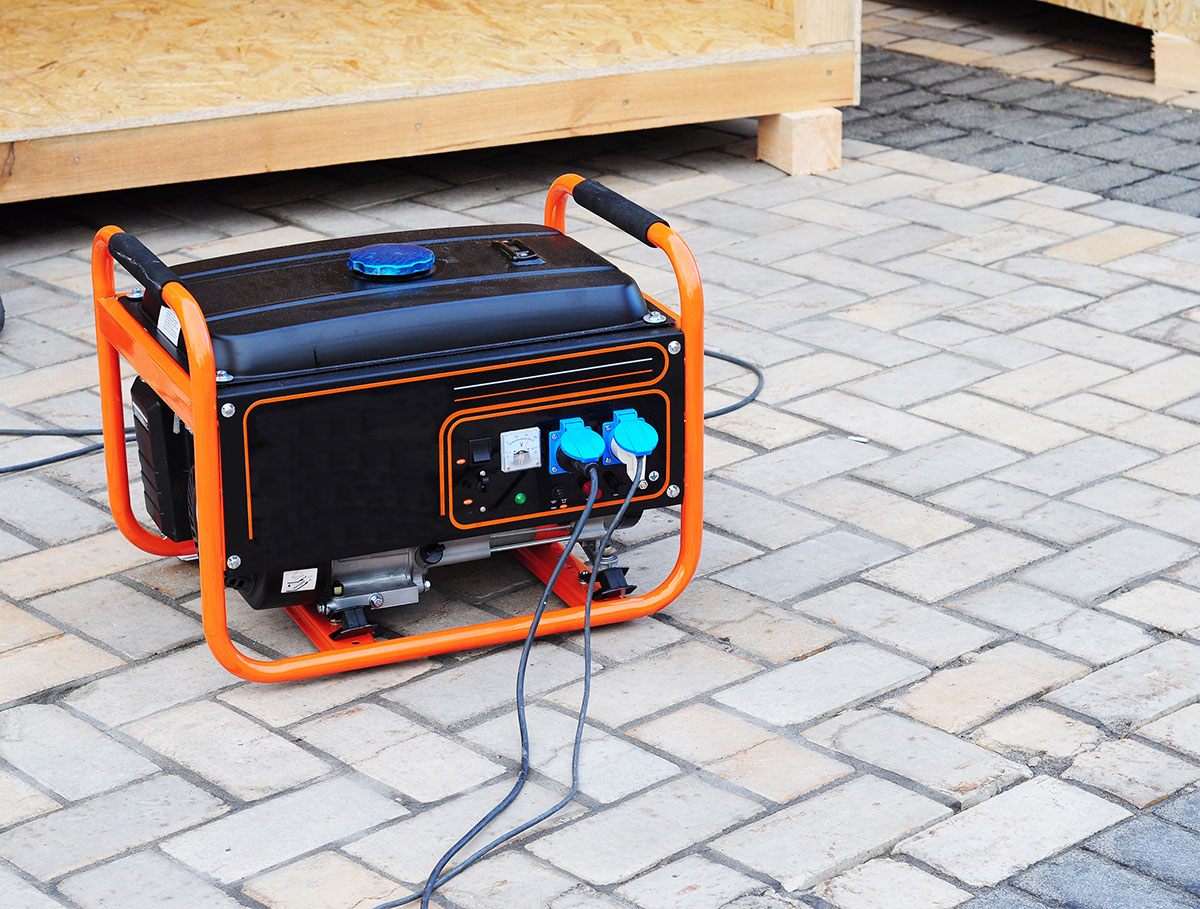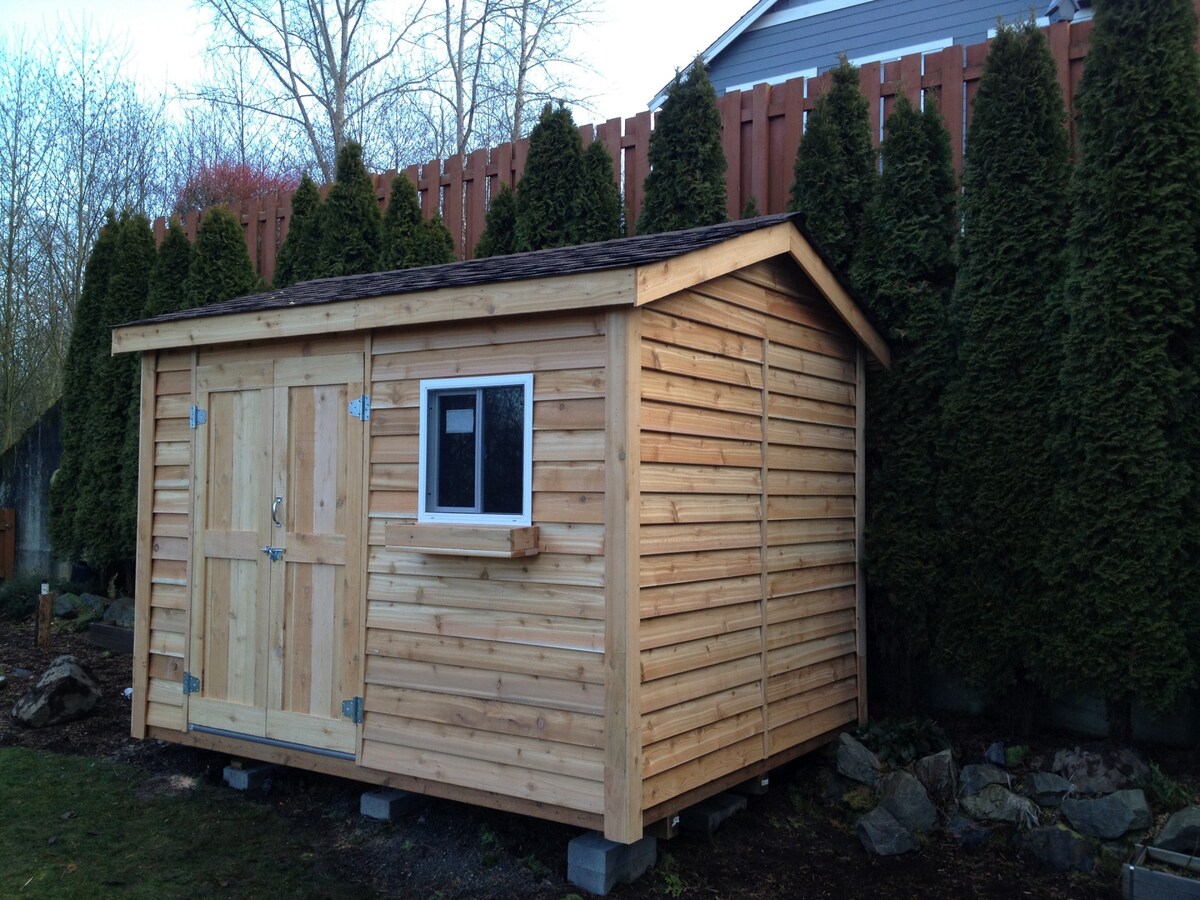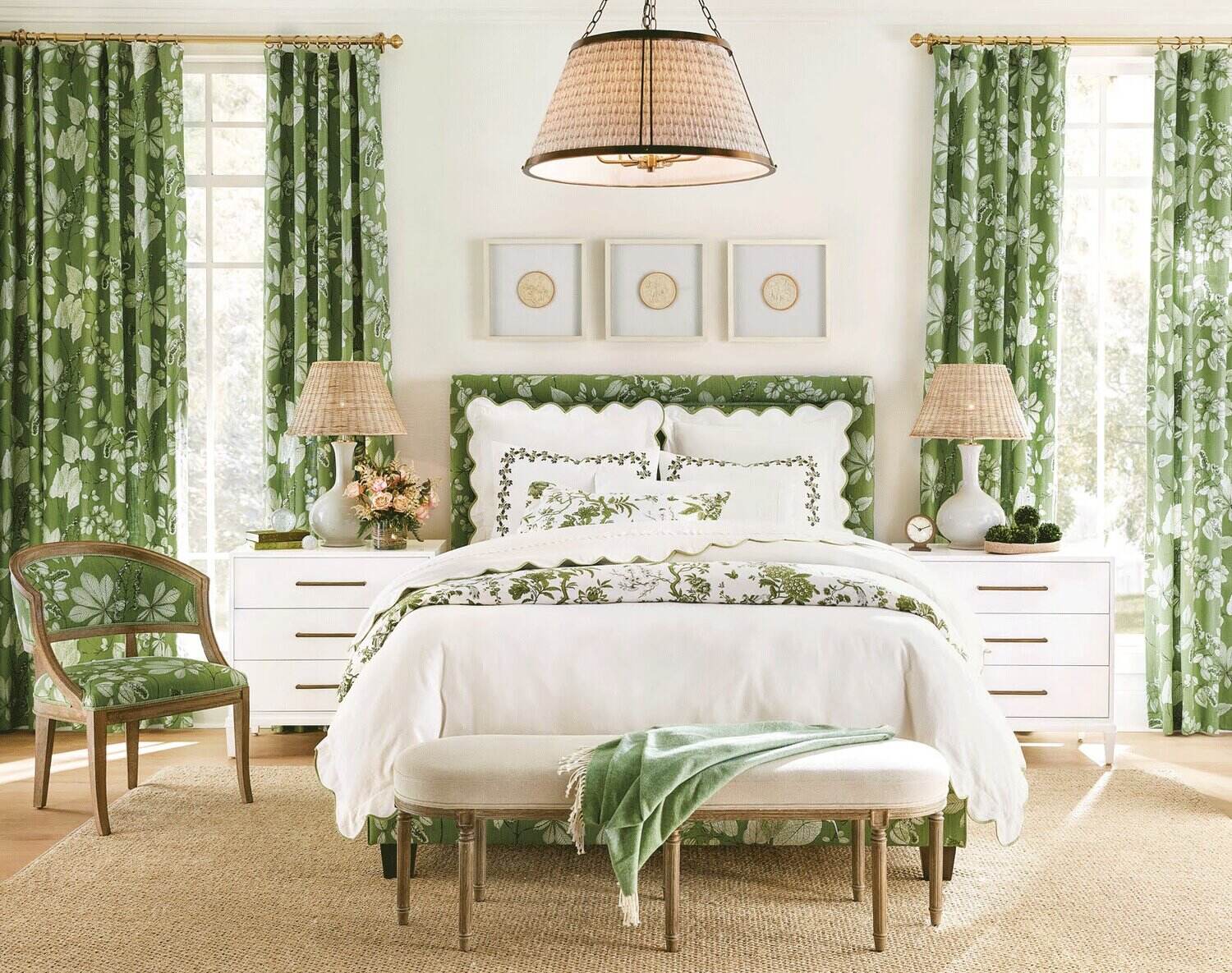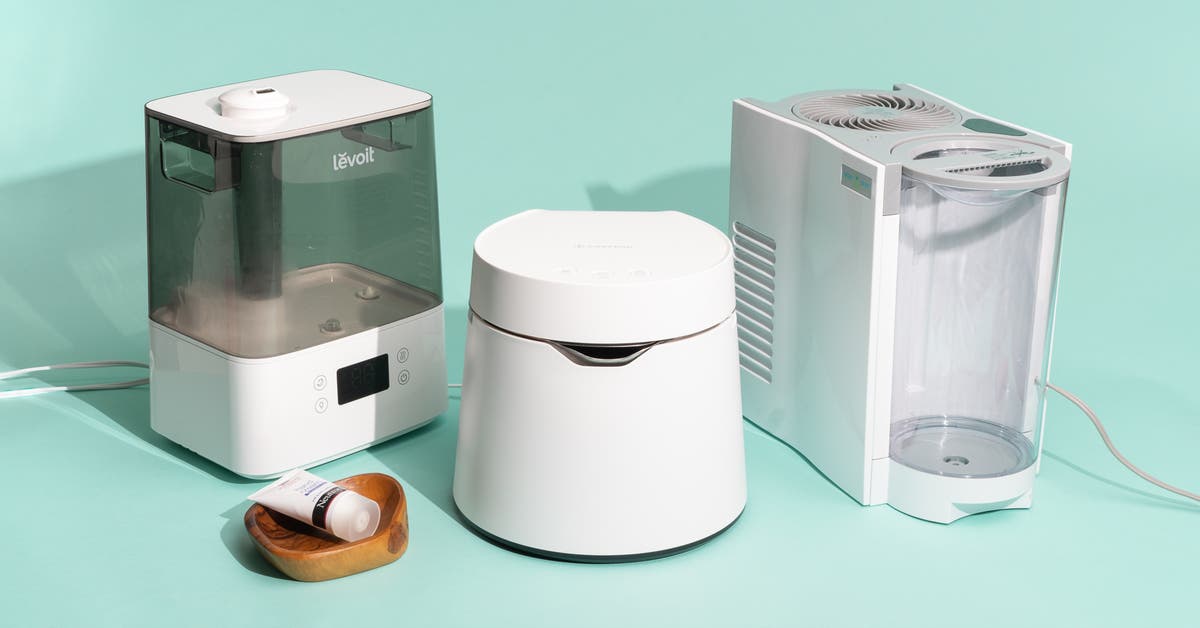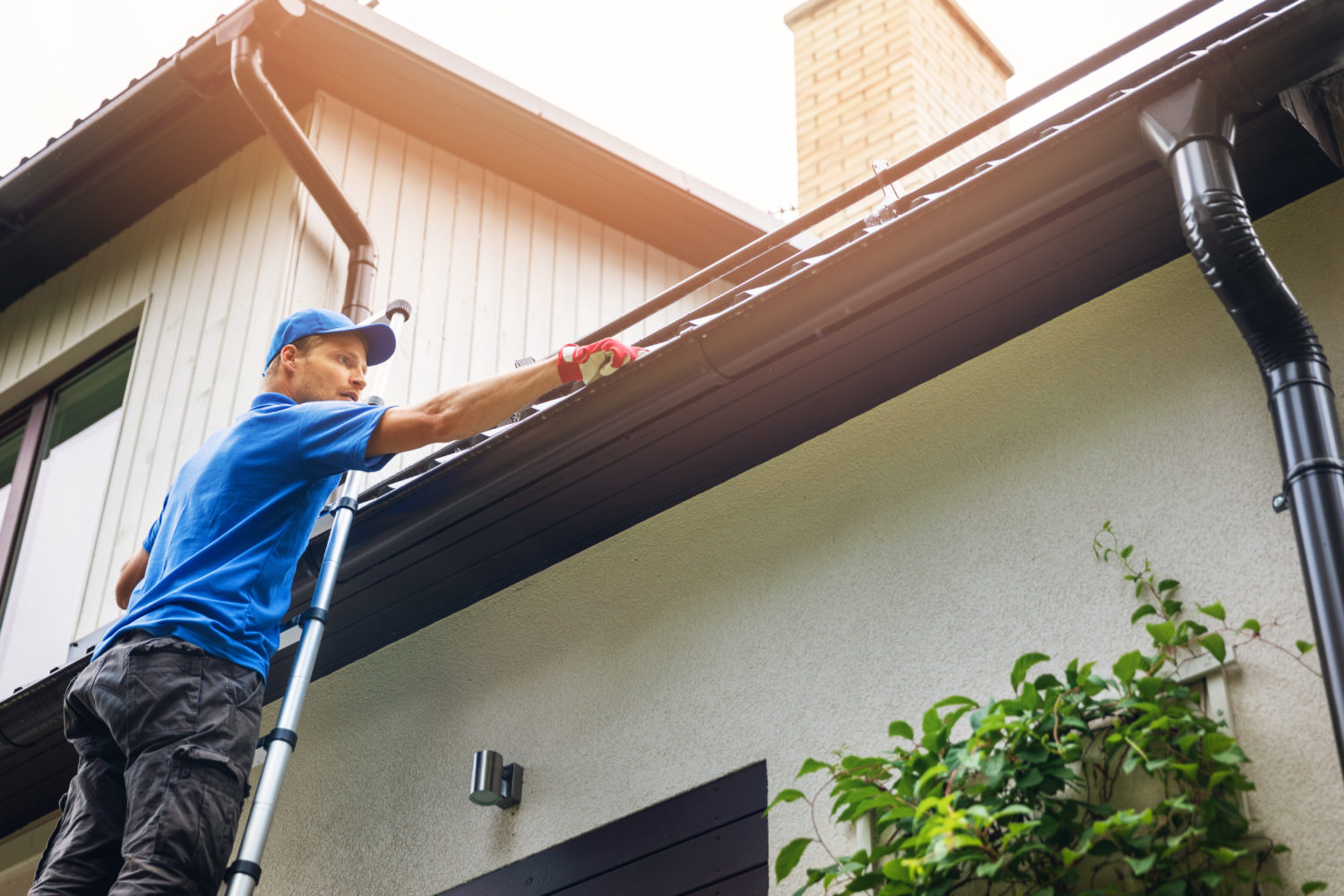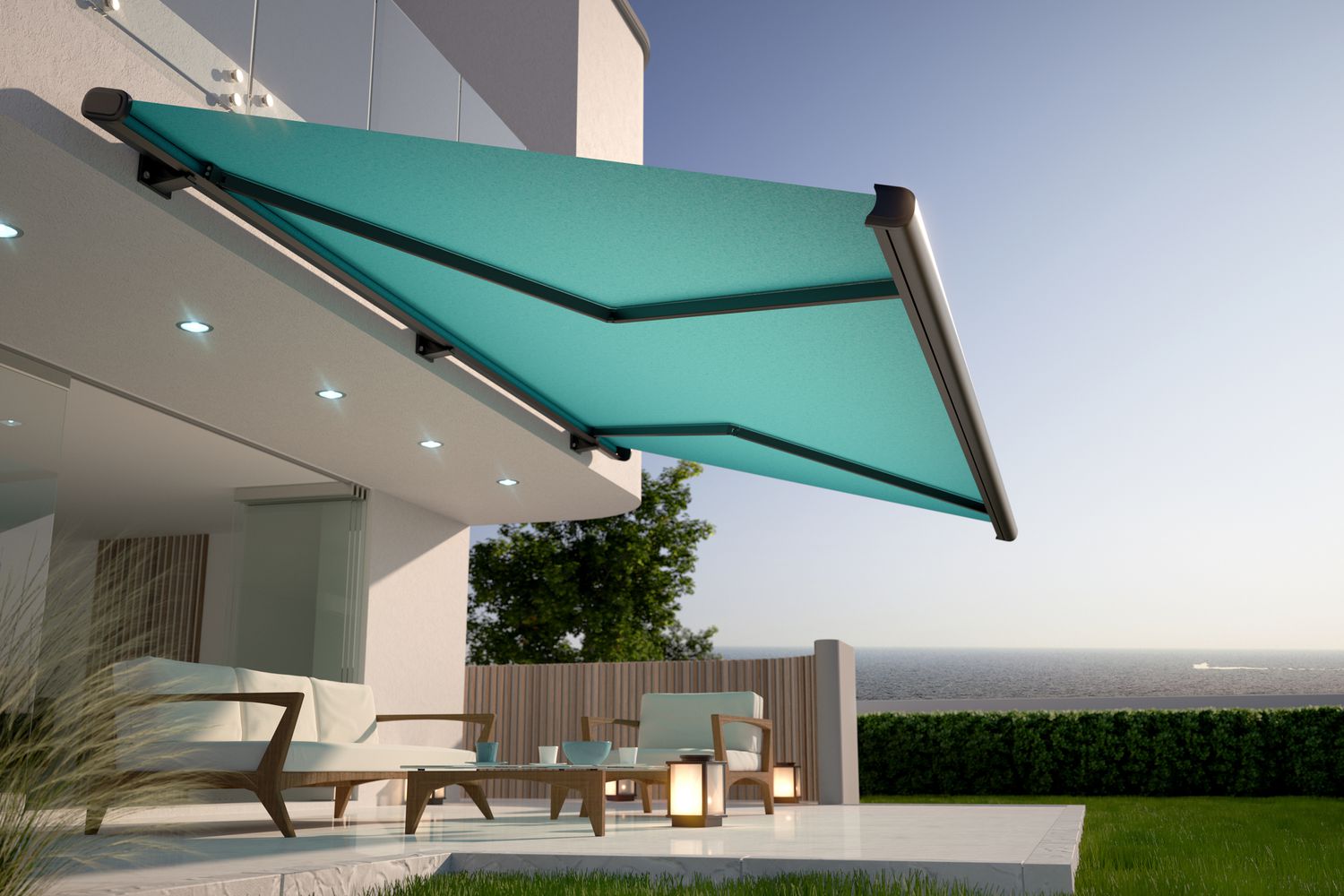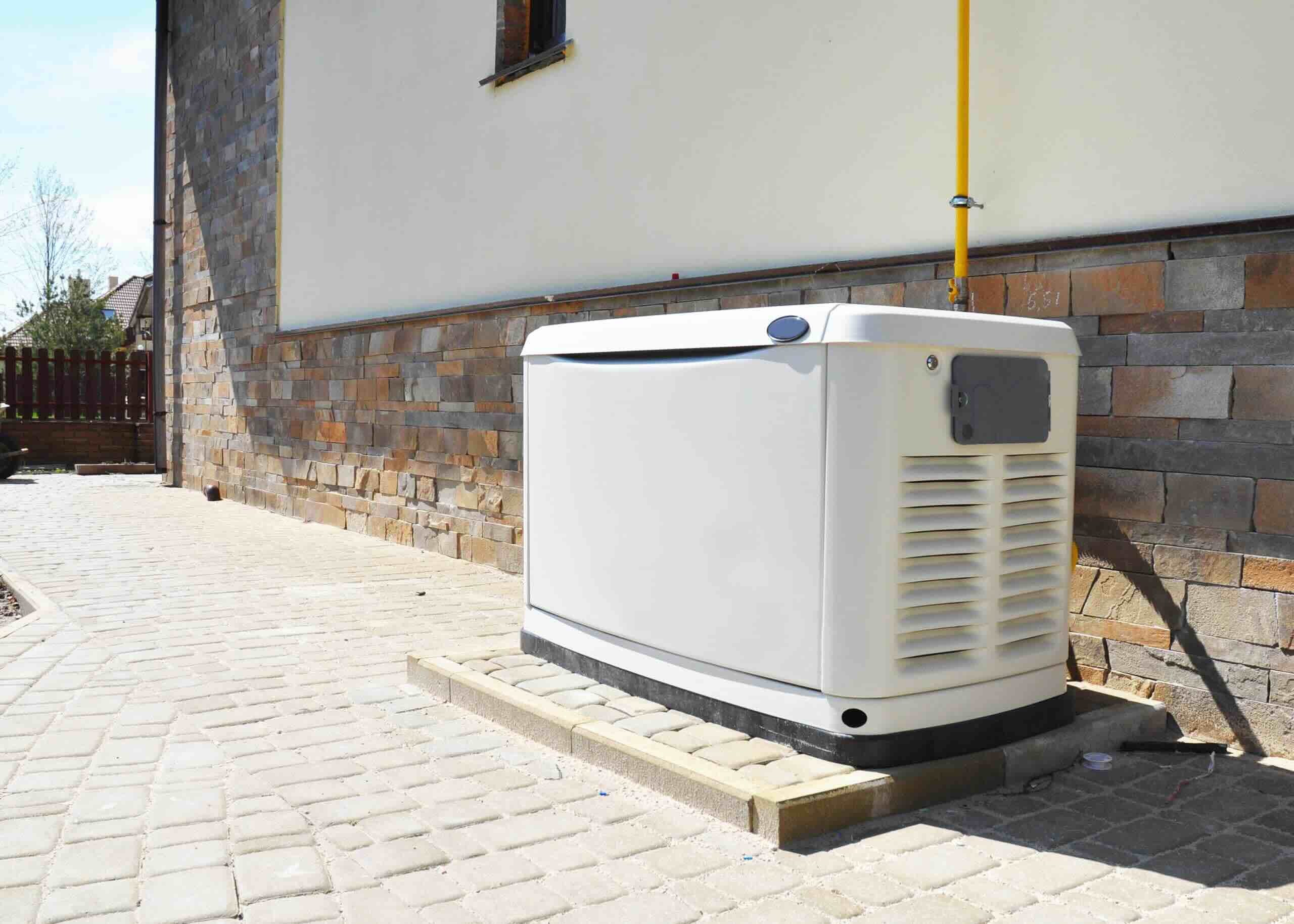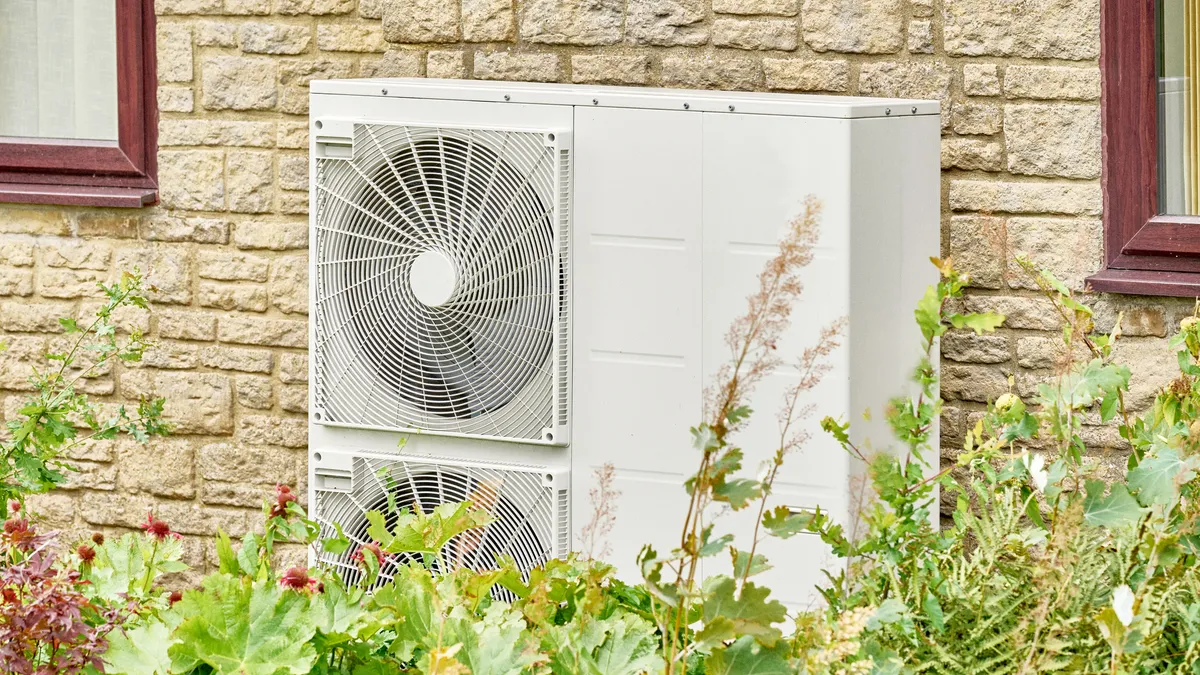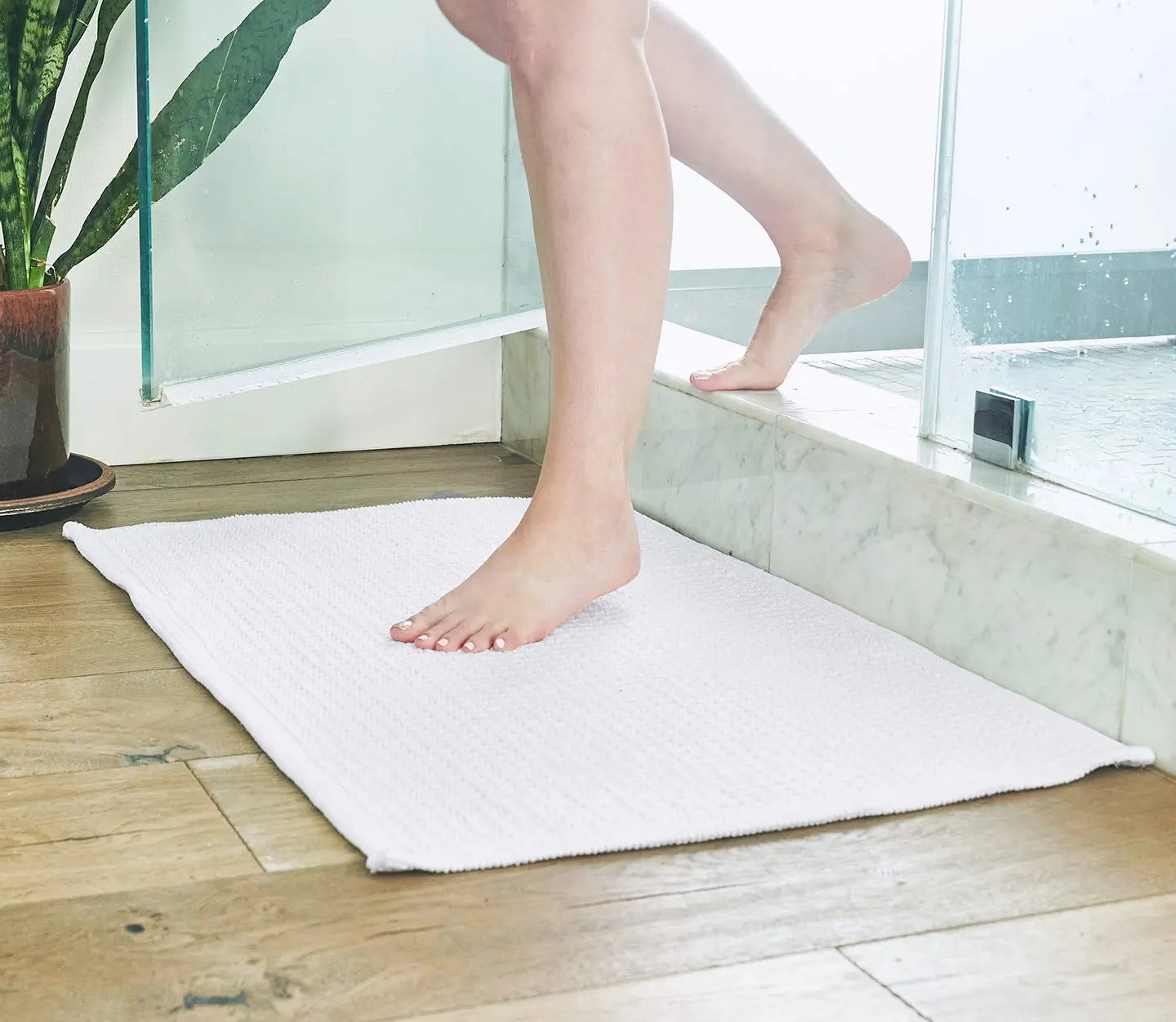Home>Home Maintenance>What Size Air Conditioner Do I Need
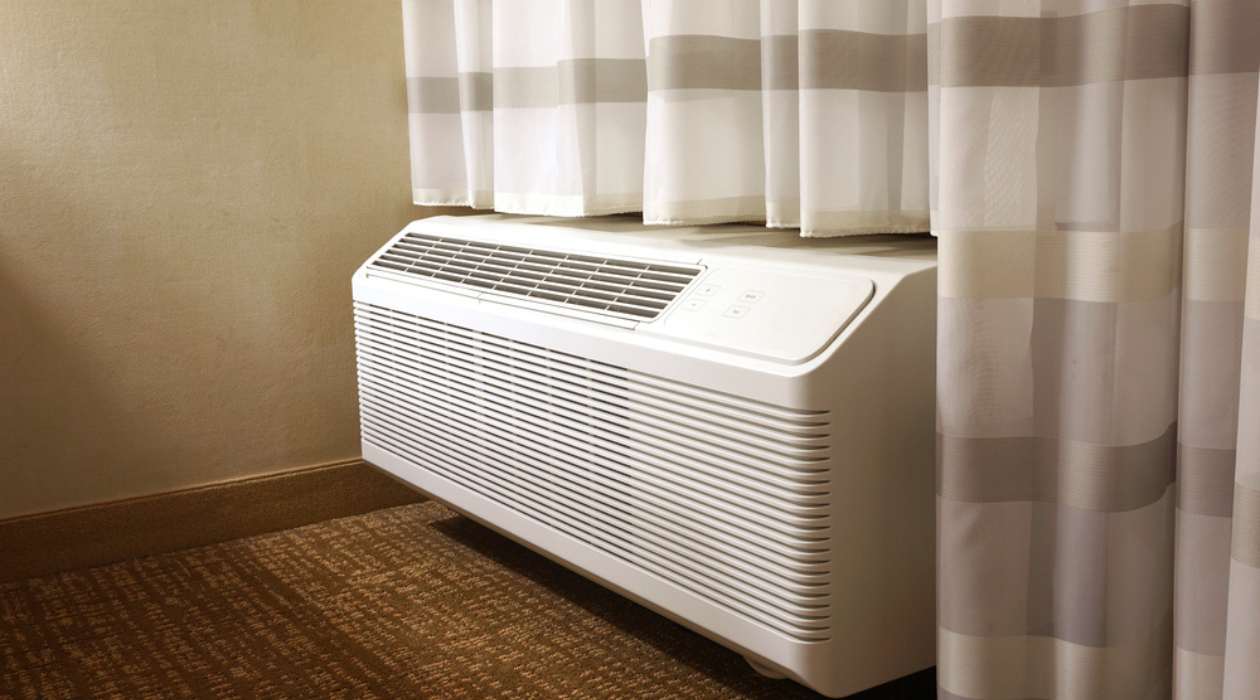

Home Maintenance
What Size Air Conditioner Do I Need
Modified: March 7, 2024
Find out the ideal size of air conditioner for your home with our comprehensive guide on home maintenance. Make informed decisions to stay cool and comfortable.
(Many of the links in this article redirect to a specific reviewed product. Your purchase of these products through affiliate links helps to generate commission for Storables.com, at no extra cost. Learn more)
Introduction
Welcome to the ultimate guide on home air conditioners and how to determine the right size for your needs. Whether you are replacing an existing air conditioner or installing a new one, choosing the appropriate size is crucial to ensure optimal comfort and energy efficiency in your home. A properly sized air conditioner will not only cool your space efficiently but also save you money on energy bills in the long run.
Many homeowners wonder, “What size air conditioner do I need?” The answer to this question depends on various factors, including the size of the room, insulation, sun exposure, number of occupants, and heat generating appliances. By understanding these factors and calculating the necessary cooling capacity, you can make an informed decision when selecting an air conditioner that meets your specific requirements.
In this article, we will explore the different factors to consider when determining the size of your air conditioner, calculate cooling and heating capacity in British Thermal Units (BTUs), provide a handy sizing chart for reference, and discuss additional considerations such as energy efficiency, noise level, and installation requirements.
Before we dive into the intricacies of sizing an air conditioner, let’s briefly cover the primary factors that will influence your decision.
Key Takeaways:
- Choose the right size air conditioner by considering room size, insulation, sun exposure, occupants, and appliances. Calculate BTU capacity and consult professionals for accurate sizing and installation.
- Look for energy-efficient models with high EER or SEER ratings, noise-reducing features, and compatible installation requirements. Select the right size air conditioner for comfort and energy savings.
Read more: What Size Air Purifier Do I Need
Factors to Consider
When determining the size of your air conditioner, you need to take into account several important factors that can affect its performance and efficiency. Let’s explore these factors in detail.
Size of the Room: The size of the room is a fundamental factor in determining the cooling capacity of your air conditioner. Larger rooms require more cooling power to achieve and maintain a comfortable temperature. Measure the length, width, and height of the room to calculate the square footage. This measurement will serve as a starting point for determining the BTU (British Thermal Unit) capacity required.
Insulation of the Room: The level of insulation in your room plays a significant role in its ability to retain cool air. Well-insulated rooms can trap cool air inside and prevent heat transfer from outside. On the other hand, poorly insulated rooms allow cool air to escape, making the air conditioner work harder. Consider the quality of insulation in your space and make adjustments accordingly.
Sun Exposure: The amount of sun exposure your room receives can impact its temperature. Rooms that face direct sunlight throughout the day tend to be hotter and require more cooling power. Take note of the orientation of your room and the position of windows to assess the sun exposure and adjust the air conditioner size accordingly.
Number of Occupants: The number of people occupying the room can affect the cooling requirements. Each person produces body heat, which increases the overall heat load in the space. If the room is frequently occupied by multiple individuals, consider selecting an air conditioner with a higher cooling capacity to compensate for the additional heat generated.
Heat Generating Appliances: Appliances such as refrigerators, computers, and televisions produce heat, adding to the overall heat load in the room. If your space contains multiple heat-generating appliances, it is crucial to consider their impact on the cooling requirements. An air conditioner with a higher capacity can effectively offset the additional heat produced by these appliances.
By taking these factors into account, you can narrow down the appropriate cooling capacity needed for your air conditioner. In the next section, we will delve into the calculations required to determine the exact BTU capacity required for your space.
BTU Calculation
Calculating the BTU (British Thermal Units) required for your air conditioner involves considering both cooling and heating needs, as well as making adjustments for different conditions. Let’s explore the steps involved in determining the BTU capacity.
Calculate BTU for Cooling: To calculate the BTU for cooling, multiply the square footage of the room by a cooling factor. As a general rule of thumb, use 20 BTUs per square foot for rooms with good insulation and average sun exposure. For rooms with poor insulation or high sun exposure, use 25 BTUs per square foot. For example, if your room is 300 square feet with good insulation and average sun exposure, the cooling capacity needed would be 300 x 20 = 6,000 BTUs.
Calculate BTU for Heating: If you live in a region with cold winters and require heating capabilities from your air conditioner, you will need to calculate the BTU for heating as well. For every square foot, use 30 BTUs for rooms with good insulation and 35 BTUs for rooms with poor insulation. Using the same example, if your room is 300 square feet with good insulation, the heating capacity required would be 300 x 30 = 9,000 BTUs.
Adjustments for Different Conditions: It’s important to consider any additional factors that may affect the cooling and heating requirements. For example, if the room is located in a kitchen or receives an excessive amount of direct sunlight, you may need to increase the BTU capacity by 10-20%. Likewise, if the room has excellent insulation and minimal sun exposure, you could potentially reduce the BTU capacity by 10-20%. These adjustments help account for the specific conditions of your space.
Once you have calculated the BTU capacity for cooling and heating, you can determine the appropriate size for your air conditioner. However, it’s essential to consult a professional HVAC technician for a more accurate assessment, as they can consider other factors such as ductwork, ventilation, and specific climate conditions in your region.
Next, let’s take a look at a handy sizing chart that provides BTU recommendations based on different room sizes.
When determining the size of air conditioner you need, consider the square footage of the area you want to cool. A general rule of thumb is to have 20 BTUs for every square foot of space. However, factors such as ceiling height, insulation, and sun exposure should also be taken into account.
Sizing Chart
When selecting an air conditioner, it’s helpful to refer to a sizing chart that provides BTU recommendations based on different room sizes. Keep in mind that these recommendations serve as general guidelines and may vary depending on factors such as insulation, sun exposure, number of occupants, and heat-generating appliances. Here’s a rough outline of BTU recommendations for various room sizes:
- Small Rooms: For rooms up to 150 square feet, a 5,000-6,000 BTU air conditioner should be sufficient.
- Medium Rooms: For rooms between 150-350 square feet, a 6,000-8,000 BTU air conditioner is recommended.
- Large Rooms: Rooms between 350-550 square feet generally require air conditioners with a capacity of 8,000-12,000 BTUs.
- Extra-Large Rooms: For rooms larger than 550 square feet, consider air conditioners with a capacity of 12,000 BTUs or more.
Remember, these numbers are not set in stone and may vary depending on the specific conditions of your space. It’s always wise to consult with an HVAC professional to ensure accurate sizing based on your unique circumstances.
In addition to BTU capacity, there are other factors to consider when selecting an air conditioner. Let’s explore these additional considerations in the next section.
Additional Considerations
When choosing the right air conditioner for your home, it’s important to take into account a few additional considerations beyond just the size and BTU capacity. These factors can have a significant impact on your overall comfort, energy efficiency, and installation process. Let’s explore these considerations in more detail:
Energy Efficiency: Energy efficiency is a critical factor to consider when selecting an air conditioner. Look for models with a high Energy Efficiency Ratio (EER) or Seasonal Energy Efficiency Ratio (SEER) ratings. Higher ratings indicate that the unit can cool or heat efficiently, saving you money on energy bills in the long run. Additionally, consider features like programmable thermostats, which allow you to set temperature schedules and optimize energy usage.
Noise Level: The noise level of an air conditioner can greatly impact your comfort, particularly if you plan to install it in a bedroom or a living area. Look for units that have noise-reducing features such as variable fan speeds and insulated compressor compartments. You can also check the decibel (dB) rating of the unit to ensure it operates quietly, allowing you to sleep or relax undisturbed.
Installation Requirements: Before purchasing an air conditioner, assess the installation requirements to ensure compatibility with your space. Consider factors such as window type, available power supply, and whether you require a portable or window-mounted unit. If you are unsure about the installation process, it’s best to consult with a professional HVAC technician who can guide you in selecting the right type of air conditioner and handle the installation for you.
By taking these additional considerations into account, you can ensure that your air conditioner not only provides optimum cooling or heating but also operates efficiently, quietly, and fits seamlessly into your home.
Now that we have covered these key factors, let’s conclude our guide on selecting the right size air conditioner for your needs.
Read more: What Size Air Fryer Do I Need
Conclusion
Choosing the right size air conditioner for your home is essential for maintaining comfort and energy efficiency. By considering factors such as room size, insulation, sun exposure, number of occupants, and heat-generating appliances, you can accurately determine the cooling and heating capacity required.
Calculating the BTU capacity for your air conditioner involves multiplying the square footage by an appropriate factor and making adjustments for different conditions. Additionally, referring to a sizing chart can provide general recommendations based on room sizes.
Remember to take into account additional considerations such as energy efficiency, noise level, and installation requirements. Opt for energy-efficient models with high EER or SEER ratings and noise-reducing features for a comfortable and energy-saving experience. Ensure that the installation requirements align with your specific space and seek professional assistance if needed.
Choosing the right size air conditioner will not only provide optimal cooling and heating but also save you money on energy bills in the long run. It’s always recommended to consult with HVAC professionals to ensure accurate sizing and proper installation, as they can provide expertise and guidance tailored to your specific needs.
We hope this guide has provided valuable insights into determining the appropriate size for your air conditioner and highlighted the importance of considering various factors before making a decision. With the right size air conditioner, you can enjoy a cool and comfortable home all year round.
Frequently Asked Questions about What Size Air Conditioner Do I Need
Was this page helpful?
At Storables.com, we guarantee accurate and reliable information. Our content, validated by Expert Board Contributors, is crafted following stringent Editorial Policies. We're committed to providing you with well-researched, expert-backed insights for all your informational needs.
